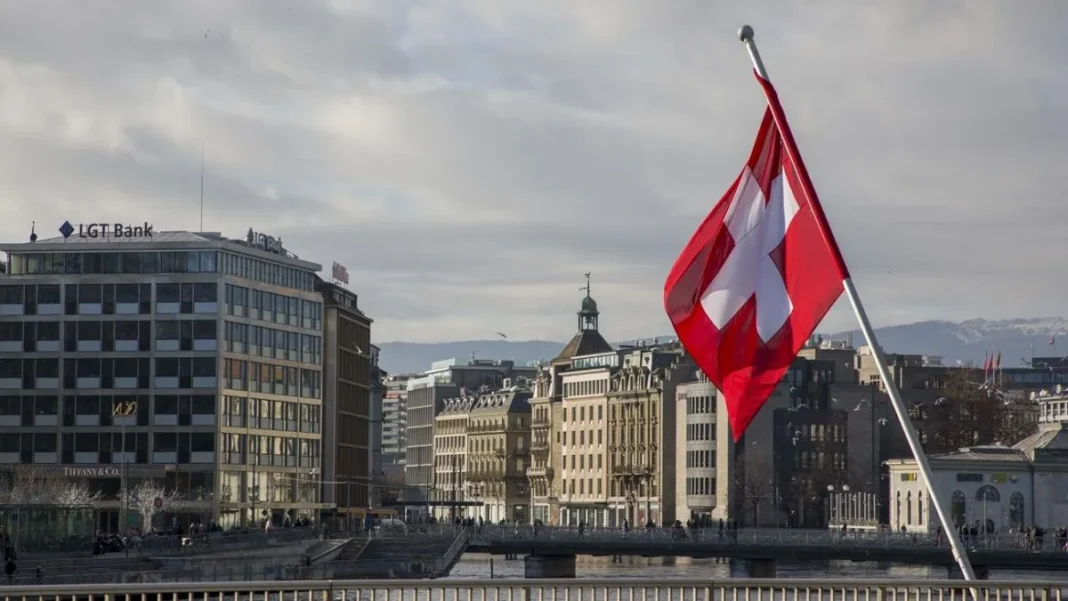Bern, 2 February 2024 (TDI): Switzerland joined forces with the European Union (EU), which implemented its 12th package of sanctions against Russia in December 2023. Switzerland is set to enforce these measures starting February 1.
The Federal Council of Switzerland took decisive action in response to Russia’s ongoing military aggression against Ukraine by adopting further sanctions against Russia.
In solidarity with the EU’s stance against Russia’s persistent actions of destabilization, which threaten the territorial integrity, sovereignty, and security of Ukraine. Switzerland is bolstering its sanctions regime.
With this move, Switzerland reinforces its commitment to international efforts aimed at addressing the crisis in the region.
The latest measures, introduced by the Federal Department of Economic Affairs, Education and Research (EAER), expand the scope of sanctions. It included bans on certain imports and controls on the trade of goods crucial for Russia’s industrial and military sectors.
Notably, Switzerland has taken steps to coordinate these restrictions internationally, ensuring their efficient implementation.
Switzerland is phasing in a ban on the purchase and import of Russian diamonds. This aligns with decisions made at the G7 summit in December 2023.
Additionally, import bans on specific goods, such as pig iron and liquified petroleum gas (LPG), aim to curtail revenue streams benefiting the Russian state.
Also Read: List of Sanctions against Russia
Stringent measures have been introduced in the financial and services sectors to prevent Russian nationals from controlling Swiss companies offering crypto-asset services.
Furthermore, steps have been taken to enforce the oil price cap for Russian crude oil and petroleum products. Particularly, this includes monitoring the sale of tankers to prevent circumvention of the cap.
Consideration of additional measures
Switzerland is carefully considering additional measures outlined in the EU’s 12th sanctions package. These measures include a notification requirement for fund transfers from EU-based companies controlled by Russians.
The Federal Council has tasked relevant authorities with examining the potential benefits and structures of such a requirement for Switzerland.
Switzerland remains steadfast in its commitment to upholding international norms and principles. It reinforces efforts to address the ongoing crisis in Ukraine. It stands in solidarity with the EU and other partners in the pursuit of peace and stability in the region.
Muhammad Idrees Khan is a contributing author on TDI.



